My village, Ap Cay Gang, is a fishing village. Living peacefully in a coastal area. Here is the Ke Ga Cape, Hon Mot, Hon Lan… there was a time when we played happily under the year-round shady coconut trees and the towering white sand dunes. On bright moonlit nights, climbing the sand dunes, we thought we could touch the moon!
Simple and lonely.
All year round, the villagers dived into the sea to catch fish and shrimp. This gift from heaven seemed endless, providing a living from generation to generation. But in 1947, because of the Vietnam-France war, my villagers left the sea for the forest, and since then, long days of hardship and poverty have covered the heads and necks of my villagers. They made a living by destroying forests, burning fields, planting crops, and gathering to survive, and had to change their residence all year round to avoid the French raids.

We, a few dozen grown-up kids, were still naked when bathing in the rain, not knowing shame, chasing each other around to tease each other for fun, and challenging each other “who can bathe in the rain for a long time without shivering?” The girls stood watching, laughing with their missing teeth. Every day, we wandered in the forest to catch birds, pick fruit, and went to the fields to turn over piles of buffalo dung to find crickets to fight.
Then, there were days when the soldiers passed by the village, we were surprised, asked and found out that the soldiers were fighting the French. When asked where they were fighting, the soldiers said, wherever there were French, they were fighting! Then the soldiers practiced music, practiced singing and asked, did you know how to read and write? We answered, no one taught you how to know?
Late 1948. One early spring day, we heard the loudspeakers resounding... "You have to go to school...". Feeling both strange and scared, we hesitantly went to school. School, but in reality, the place to study was rows of tables and chairs woven from bamboo and other trees, without a roof, only the shade of ancient trees. On sunny days we went to school, on rainy days we did not.
Our first teacher was Uncle Muoi Bau, although he was a teacher, no one in the village called him teacher, including us. Uncle Muoi Bau, a familiar and affectionate name, so no one asked him about his education, hometown, background... we only knew that he had been in the Co-Ke swamp (a secret revolutionary zone in Tan Thanh commune, Ham Thuan Nam district, Binh Thuan ) since before we were born. (I used to herd buffaloes into the Co-Ke swamp, pick co-ke fruits to make bullets to shoot the bamboo tube - a type of gun made from bamboo tubes - shoot co-ke fruits by pushing them in, making a loud bang, sometimes when we were in battle formation, hitting the "enemy" was also painful!).
Uncle Muoi Bau went to teach wearing only a black ao ba ba (traditional Vietnamese dress) that was faded with time! He said there were two enemies that had to be destroyed at all costs: ignorance and the French. The adults were already taking care of the French, so you children had to take care of destroying ignorance. Later we learned that he was the teacher who had taught our senior class after they “graduated” and went to fight the French!
One day, when the whole class was gathered, he said he was going away. When asked where he was going, he smiled and said nothing. Ten days before leaving, he said that the children already knew how to read and write, and he would copy the poem “The Ant” for them. He emphasized that they had to learn it by heart, and when they grew up, they would see patriotism in the poem “The Ant”.
More than half a century has passed, I still remember the poem "The Ant" clearly: "You must have often noticed/ A colony of little ants running along the wall/ Don't despise them, the little sad ants/ They are like people who also have a homeland/ They are like people who have a beloved Fatherland/ And know how to die with a fighting spirit/ The ants' country: A tree stump by the fence/ A high, solid mound of earth, ants build a citadel/ With high ramparts and wide moats built around it/ There are soldiers patrolling on all four sides/ The patrolling troops patrol strictly/ Anyone who passes by is thoroughly questioned/ The country is rich and powerful, the people everywhere/ Coming and going, busy with work/ And vehicles and workers fill the land/ Life is peaceful and the world is peaceful / Suddenly one day there was a brat/ Arrogantly stepping into the fence/ The siren alerts the whole kind city/ The siren blares, the general mobilization signal/ Both the porters and the soldiers and workers/ Because the country is ready to die/ The boy's feet are like an atomic bomb/ Falling On the wall, thousands of people were trampled/ The entire corner of the wall of the small ants/ Was destroyed under the brutal feet/ The country was humiliated and the whole nation was drunk with blood/ They rushed at the violent boy to attack/ The boy was in pain and became mad with anger/ They swung the broom and smashed the ant nest/ The next day, I invite you to come back here/ At this same place by the fence under the tree/ The fire ants are gently making a nest/ You, be brave, put your foot in and try/ Even though your feet were brutal yesterday/ Even though your feet trampled the mountains and rivers/ The fire ants are still ready to fight/ Don't think they are gentle and small/ With contempt and brutal strength/ It's not easy to conquer a country/ A nation that has been victorious for thousands of years" (Ngoc Cung - Pre-war Poet).
We knew the poem “The Ant” by heart, then said goodbye to our teacher, left the school of “literacy and literacy”, and teacher and student went their separate ways during the war.
After 1975, peace came , I returned to my hometown, Van My commune, Cay Gang hamlet (now Tan Thanh commune, Ham Thuan Nam district, Binh Thuan). I went to look for Uncle Muoi Bau, but the people from his time had passed away, and some were lost because of the war. The remaining few people vaguely remembered that Uncle Muoi Bau had passed away after the 1954 Armistice.
I respectfully burn a few incense sticks in memory of you, my first teacher, and would like to thank the poet Ngoc Cung for instilling patriotism in us through the poem "The Ant" from the days when the resistance war broke out.
Source


![[Photo] General Secretary To Lam chairs the meeting of the Central Steering Committee on preventing and combating corruption, waste and negativity](https://vphoto.vietnam.vn/thumb/1200x675/vietnam/resource/IMAGE/2025/9/29/fb2a8712315d4213a16322588c57b975)
![[Photo] General Secretary To Lam attends the ceremony to celebrate the 80th anniversary of the post and telecommunications sector and the 66th anniversary of the science and technology sector.](https://vphoto.vietnam.vn/thumb/1200x675/vietnam/resource/IMAGE/2025/9/29/8e86b39b8fe44121a2b14a031f4cef46)
![[Photo] General Secretary To Lam receives US Ambassador to Vietnam Marc Knapper](https://vphoto.vietnam.vn/thumb/1200x675/vietnam/resource/IMAGE/2025/9/29/c8fd0761aa184da7814aee57d87c49b3)
![[Photo] Many streets in Hanoi were flooded due to the effects of storm Bualoi](https://vphoto.vietnam.vn/thumb/1200x675/vietnam/resource/IMAGE/2025/9/29/18b658aa0fa2495c927ade4bbe0096df)
![[Photo] National Assembly Chairman Tran Thanh Man chairs the 8th Conference of full-time National Assembly deputies](https://vphoto.vietnam.vn/thumb/1200x675/vietnam/resource/IMAGE/2025/9/29/2c21459bc38d44ffaacd679ab9a0477c)







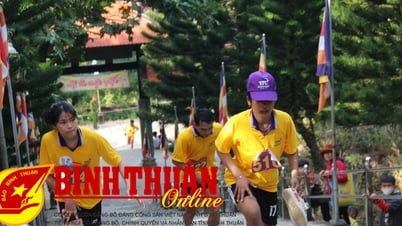


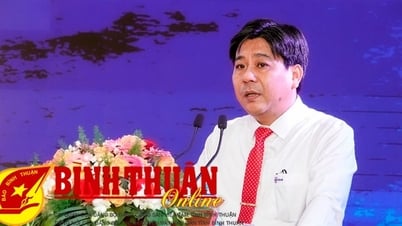


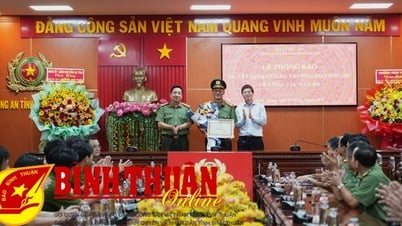
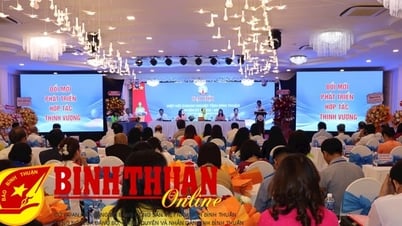




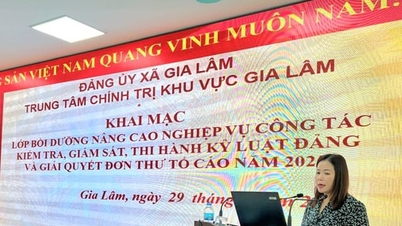
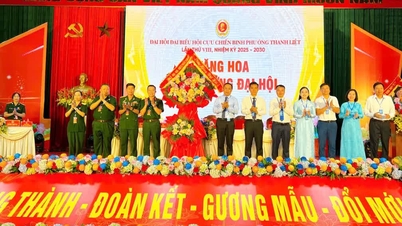
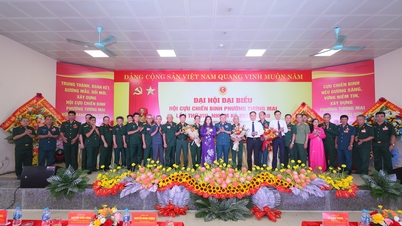
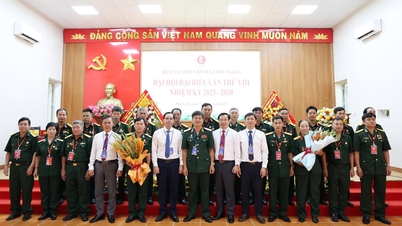
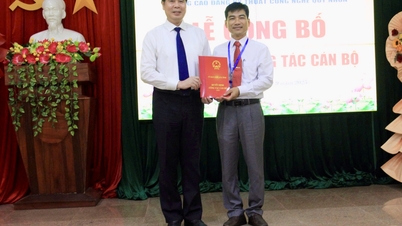



















































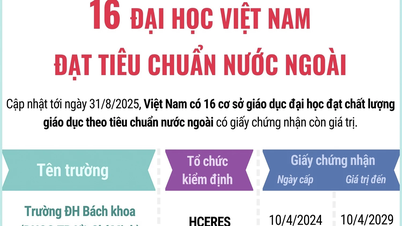




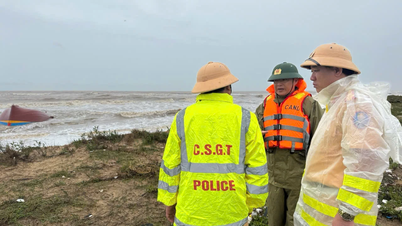













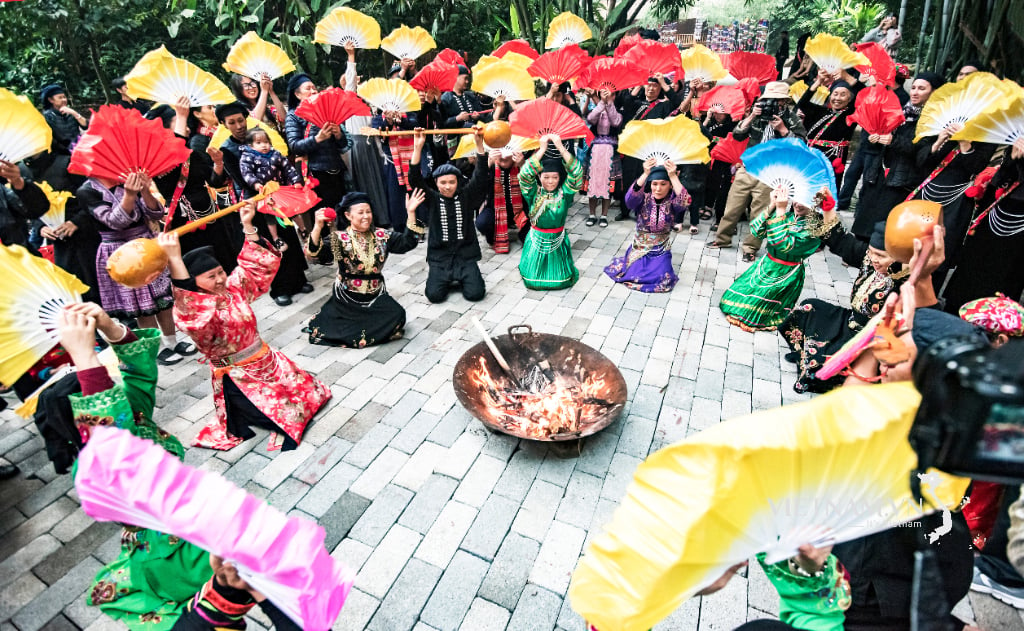


Comment (0)